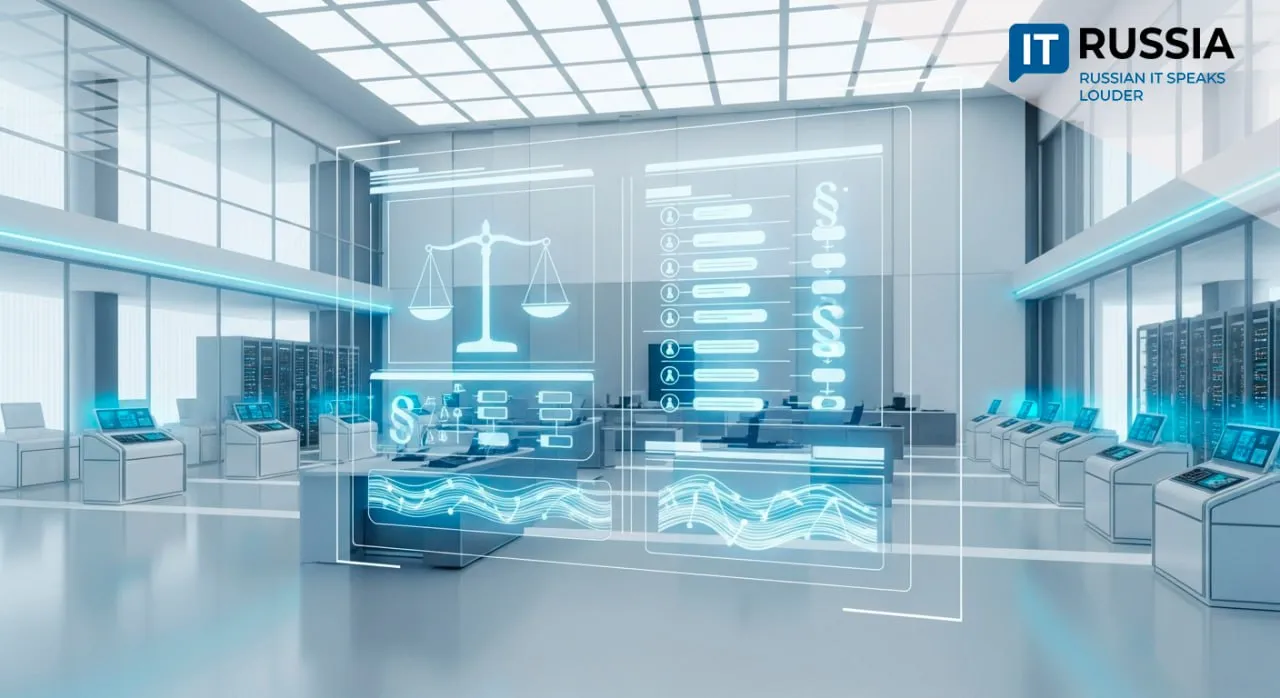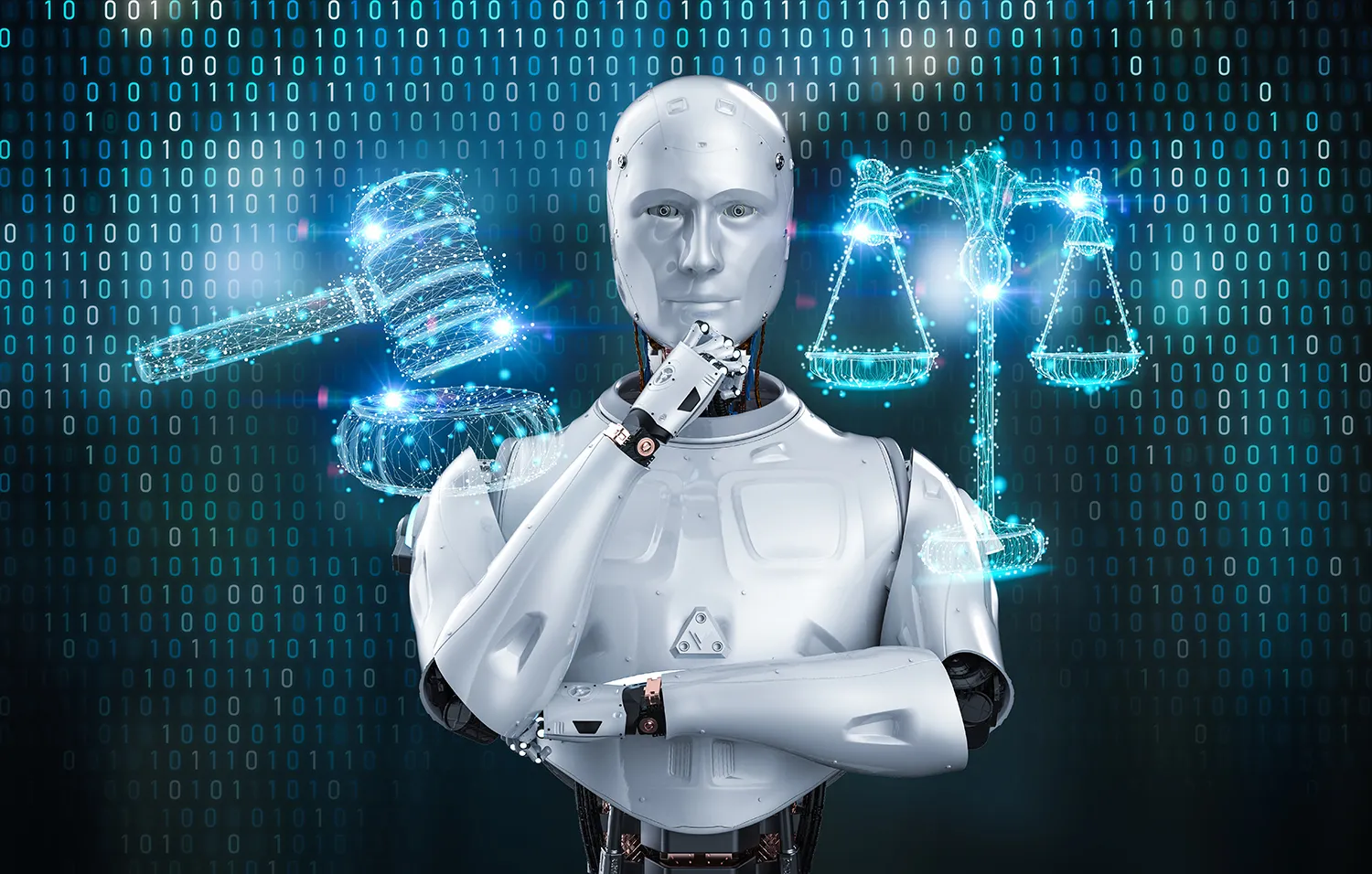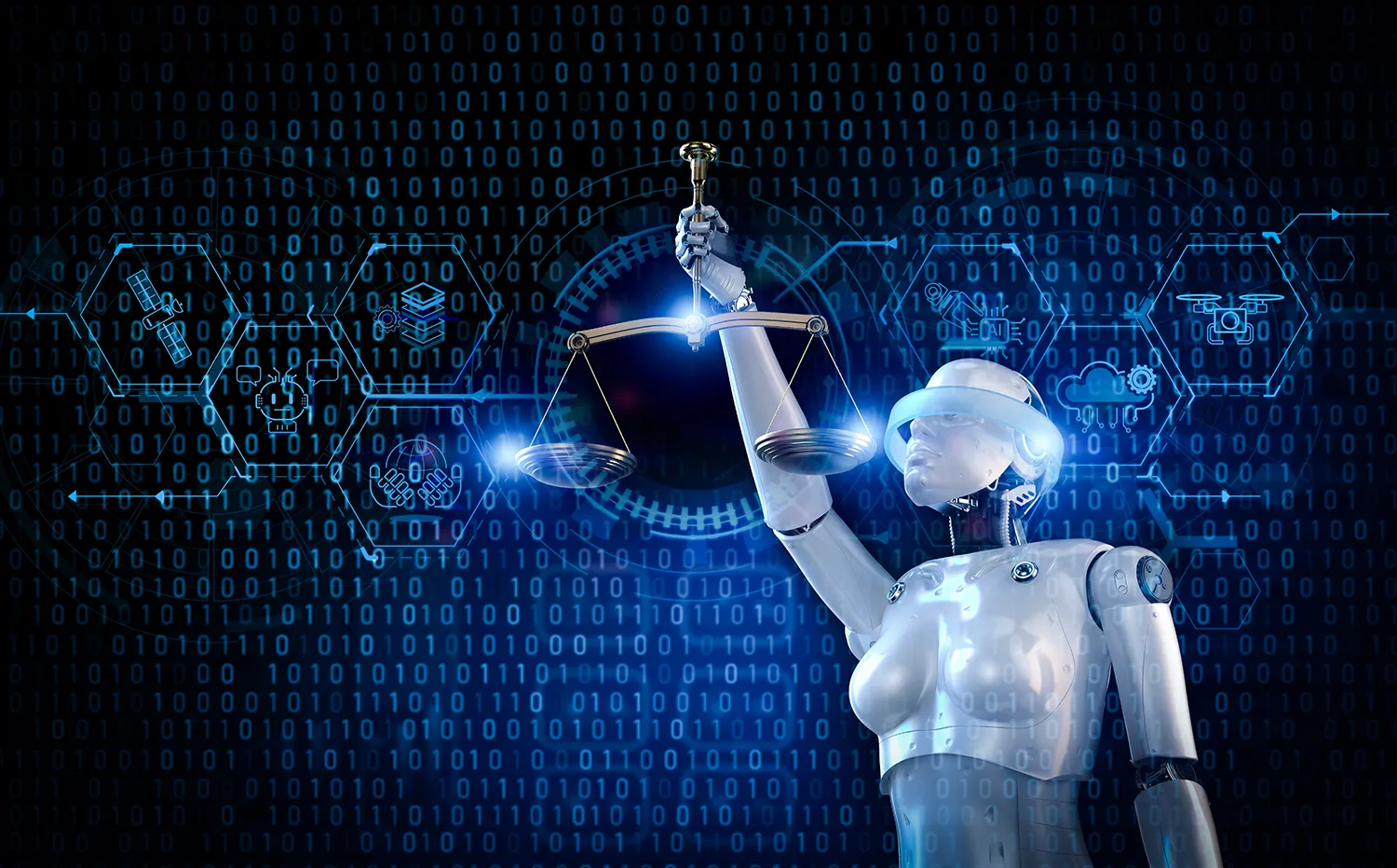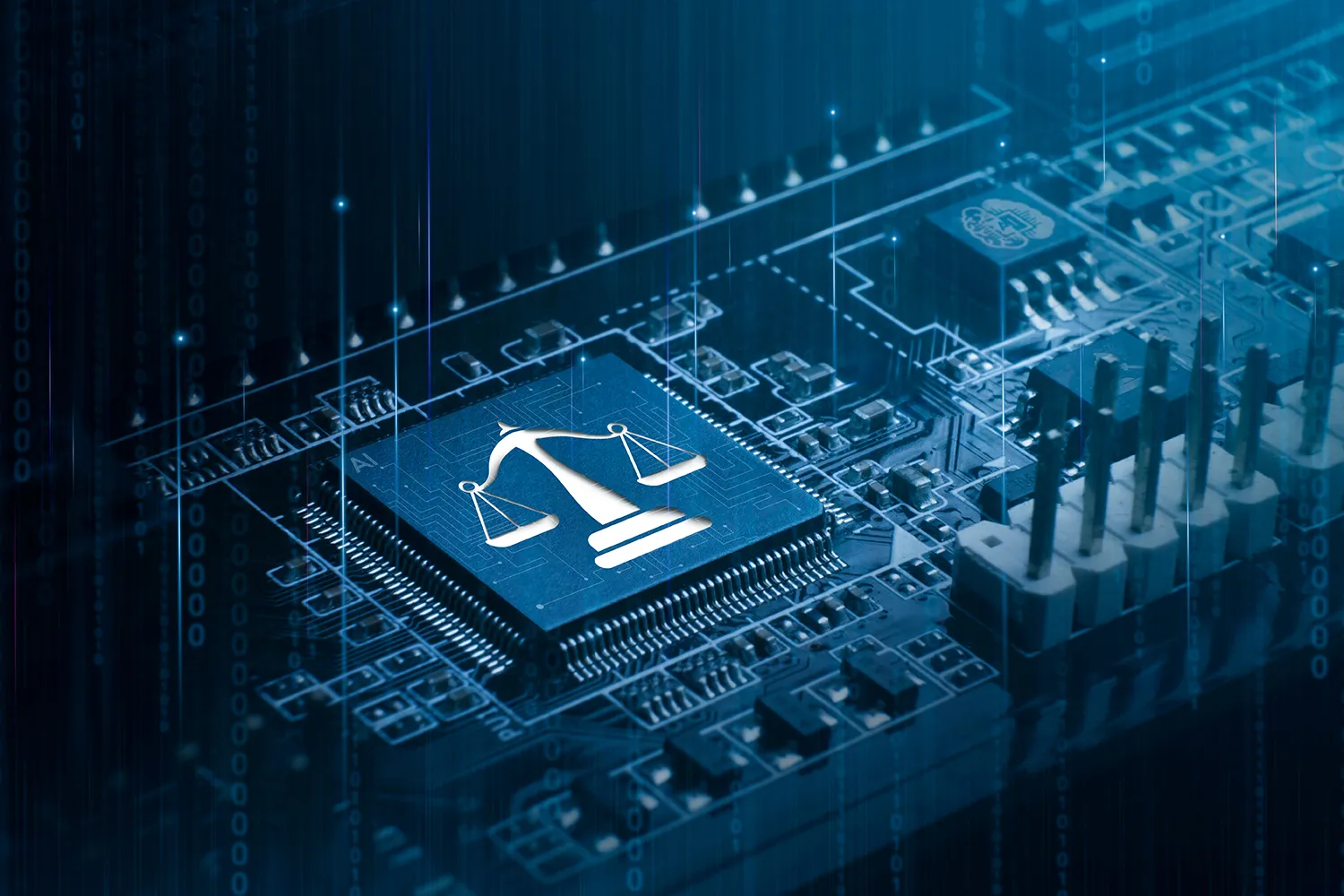Russia Moves to Regulate Neural Networks Through a Digital Code

Russia is developing a new legal framework to bring artificial intelligence systems, including neural networks, under formal legal oversight through a national Digital Code.
AI and Legal Infrastructure in Russia
Russia is preparing to adopt a national Digital Code that will regulate digital activities at the legislative level, including the use of neural networks. The move marks a new phase in the legal integration of artificial intelligence systems such as ChatGPT.
By codifying how AI can be used, Russia seeks to enhance legal oversight in the digital space while setting an international precedent for AI legislation. One key requirement will be the standardized logging and archiving of interactions with AI systems to ensure legal traceability and security.

AI-Driven Investigations and a New Legal Market
The initiative is aimed at reinforcing compliance with federal law in operations involving neural networks. In the context of the Russian legal system, we can expect the integration of AI into judicial software and the unification of interaction log formats.
This opens new opportunities for companies specializing in log auditing and related legal consulting services. AI technologies may also be used in investigations of various legal violations, including economic and criminal offenses, paving the way for an emerging legal AI market.

Toward Greater Data Accountability
A recent data breach involving ChatGPT exposed millions of AI chat interactions, many of which were indexed by search engines such as Google. OpenAI CEO Sam Altman acknowledged the issue, stating only that 'a small percentage of users were able to see the titles of other users' chat histories.'
With Russian users conducting millions of operations using AI tools, there is an urgent need for legal protections. A newly signed law on the registry of domestically developed software strengthens the country’s digital sovereignty and establishes a foundation for tracking local databases and services. The need for legal regulation in human-AI interaction has become increasingly apparent.

Mandatory Logging and Legal Transparency
The proposed Digital Code would represent a new milestone in regulating the complex IT sector. For AI, this means formal legal recognition, helping to prevent potential abuses. There is a possibility that Russia will introduce mandatory logging of all dialogues with AI, with access restricted to judicial authorities.
This move is expected to drive demand for GDPR-compliant systems and reporting platforms in cyber-legal contexts. The Russian initiative could also serve as a model for regulatory bodies in other countries, especially within the CIS and Eurasian Economic Union.










































